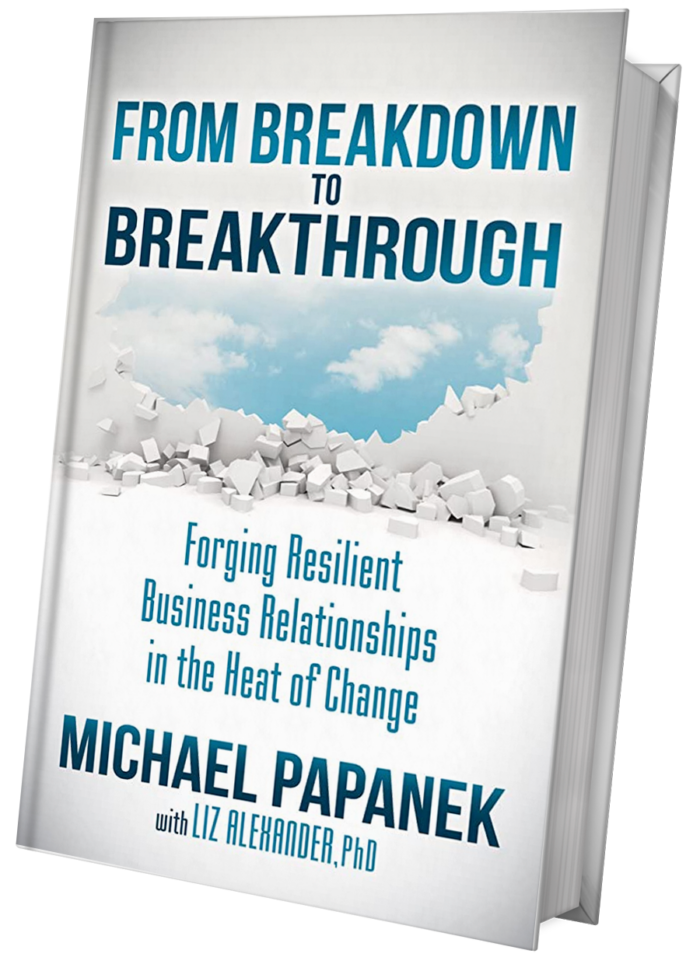 We have all worked with an abrasive or “toxic” manager, and as an executive coach, I am often helping my clients “deal with” a difficult manager they work for, or working directly with the manager others find abrasive and difficult.
We have all worked with an abrasive or “toxic” manager, and as an executive coach, I am often helping my clients “deal with” a difficult manager they work for, or working directly with the manager others find abrasive and difficult.
I have a love-hate relationship with these situations because I am attracted to the opportunity to show real value and change that will improve people’s lives at work, yet challenged by the difficulty of making a positive impact on a situation others have failed to change.
In the following article by my colleague Patrick Reilly, who is President of Resources in Action and a highly successful and experienced executive coach, Patrick provides thoughtful yet practical ideas for working with this type of leader.
Thoughtful, because Patrick deals first with understanding why this happens, including a systems or cultural view (vs. only focusing on the difficult individual), and practical because it provides immediate actions one can take to start to shift behaviors and outcomes.
I especially appreciate the following key points:
- Individuals act in part because of the system or culture they are in: if the people around the leader tolerate and adapt to the abrasive behavior (“Yes, Bob is a real bully, but he gets things done, so…”), its no surprise the leader does not change. One must take a systems view and understand what Kurt Lewin called “the field” the behavior is occurring in.
- Patrick’s focus on understanding and valuing Dignity as a driver of change. Toxic behavior is just that: poisonous. A business case based on the impact on human beings must be built to motive change and measure results. Your company’s value and vision statements may help here.
- Coaches, consultants and HR professionals need special skills, tools and experience to assist abrasive leaders in understanding their impact. These leaders are usually clueless. All self-development starts with increased self-awareness. As a leadership coach, my tools to improve self-awareness include 360 feedback, self-assessments, and direct observation. If self-awareness is successful and the leader makes a choice to change, I can then help them develop their skills in inquiry/advocacy, agreement building, exchanging (not just giving) feedback and resolving conflict.







